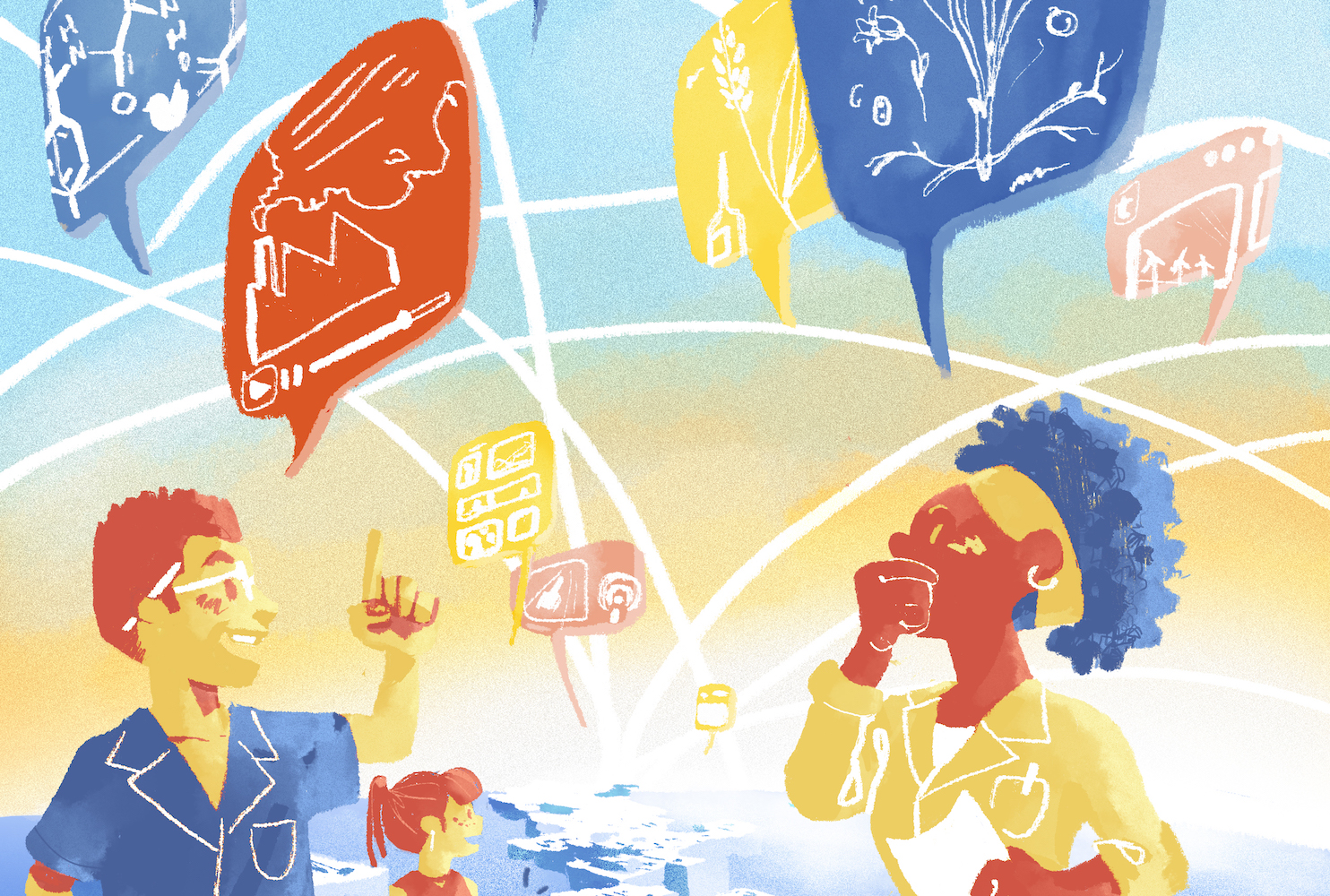Will We Overcome Our Own Barriers? The Challenge for Transnational Science Journalism in Latin America
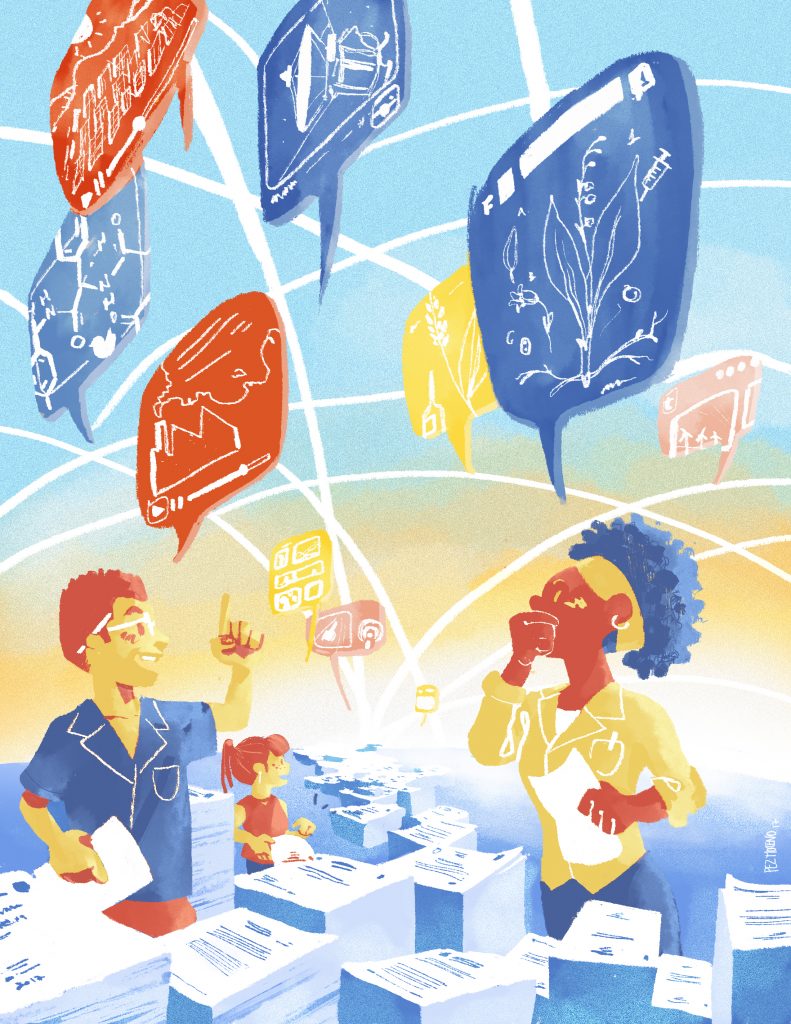
Illustration: Pez Moreno
SAN FRANCISCO—Latin America is well represented at the World Conference of Science Journalists 2017. With 78 registrants from 12 countries, the tenth edition of the world’s most important event in science journalism has featured the largest Latin American gathering in the meeting’s history. But this good news also brings many shared challenges.
Six voices discussed those challenges during a 27 October session titled “Science Journalism in Latin America: Past, Present and Future.” Experienced journalists from Mexico, Argentina, Uruguay, Chile, Colombia and Costa Rica shared their views on how the profession has evolved and their proposals to answer—perhaps—the most important question: How do we strengthen science journalism in our countries without failing in the attempt?
Paula Leighton, a Chilean reporter for El Mercurio newspaper, highlighted the good moment that Chile’s science communication is experiencing and how it is increasingly common to find news and features on science, environment and health in the Chilean printed media. However, she said, “Traditional media are reducing their staff and there are more and more freelance journalists.”
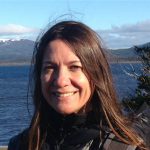 Leighton (Chile)
Leighton (Chile) Ponchner (Costa Rica)
Ponchner (Costa Rica) Kukso (Argentina)
Kukso (Argentina)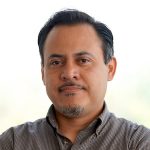 Sifuentes (Mexico)
Sifuentes (Mexico)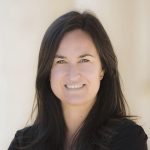 Hirschfeld (Uruguay)
Hirschfeld (Uruguay)Leighton does not see it with bad eyes because she thinks that “those factors are leading us to have more transnational science journalism.”
Costa Rican journalist Debbie Ponchner, who moderated the session, agreed that freelance journalists are gaining space in and outside the Latin American region. “With the boom of the digital era. . . a lot of us have become freelancers and have been forced to learn how to sell our stories to local and foreign media,” Ponchner said. “Now we have to see beyond our borders.”
"The challenge is to raise our voice."
An example of this is Federico Kukso, a freelance journalist from Argentina, who described how he became a transnational journalist able to sell stories to magazines all over the world. He calls it “glocal” journalism, the art of telling stories that insert the local perspective in the global stage.
Borders have become less clear in this new century, agreed Gerardo Sifuentes, information coordinator for the Mexican edition of the magazine Muy Interesante.
Despite this, he said, “We, in Latin America, share a lot of things and can share stories focused on problems and solutions with a different perspective from the English-speaking world. The challenge is to raise our voice, to shape our own brand of identity.”
Even though globalization and the new digital media force us to adapt and transform ourselves, this does not mean we must discard what we already have, the panelists said. On the contrary: “In Latin America there is a pool of senior journalists with more than 15 years of experience,” said science journalist Daniela Hirschfeld of Uruguay. “It is a generation that can transmit to the younger ones the passion and knowledge to cover science in a journalistic way.”
Will Latin American science journalism finally overcome its own barriers?
No region in the world has so many countries that speak the same language: Hablamos español. If we add that to the digital trend that allows us to connect, to easily access new digital media and editors from other countries, it is clear that the boundaries for journalists are becoming less important, the panelists agreed.
A single journalist can now write stories in parallel for seven media in different countries regardless of the language difference. With so many possibilities available to develop science journalism, the professional trend for science journalism in Latin America is increasingly inclined towards a transnational freelance journalism with professionals able to take advantage of what has been done in their countries and adapt it to global challenges.
Here in San Francisco, journalists made the diagnosis and gave a potential direction for science journalism in Latin America. However, a question remains: Will we have this important representation in the WCSJ2019 conference in Lausanne, Switzerland, to show that we have finally overcome barriers?
—
Sergio Villagrán is pursuing his MSc. degree in biological sciences, with a minor in microbiology, at the University of Concepción, Chile. He is founder and director of the science communication production “Divulgociencia,” which develops new strategies to reach nonspecialists.

